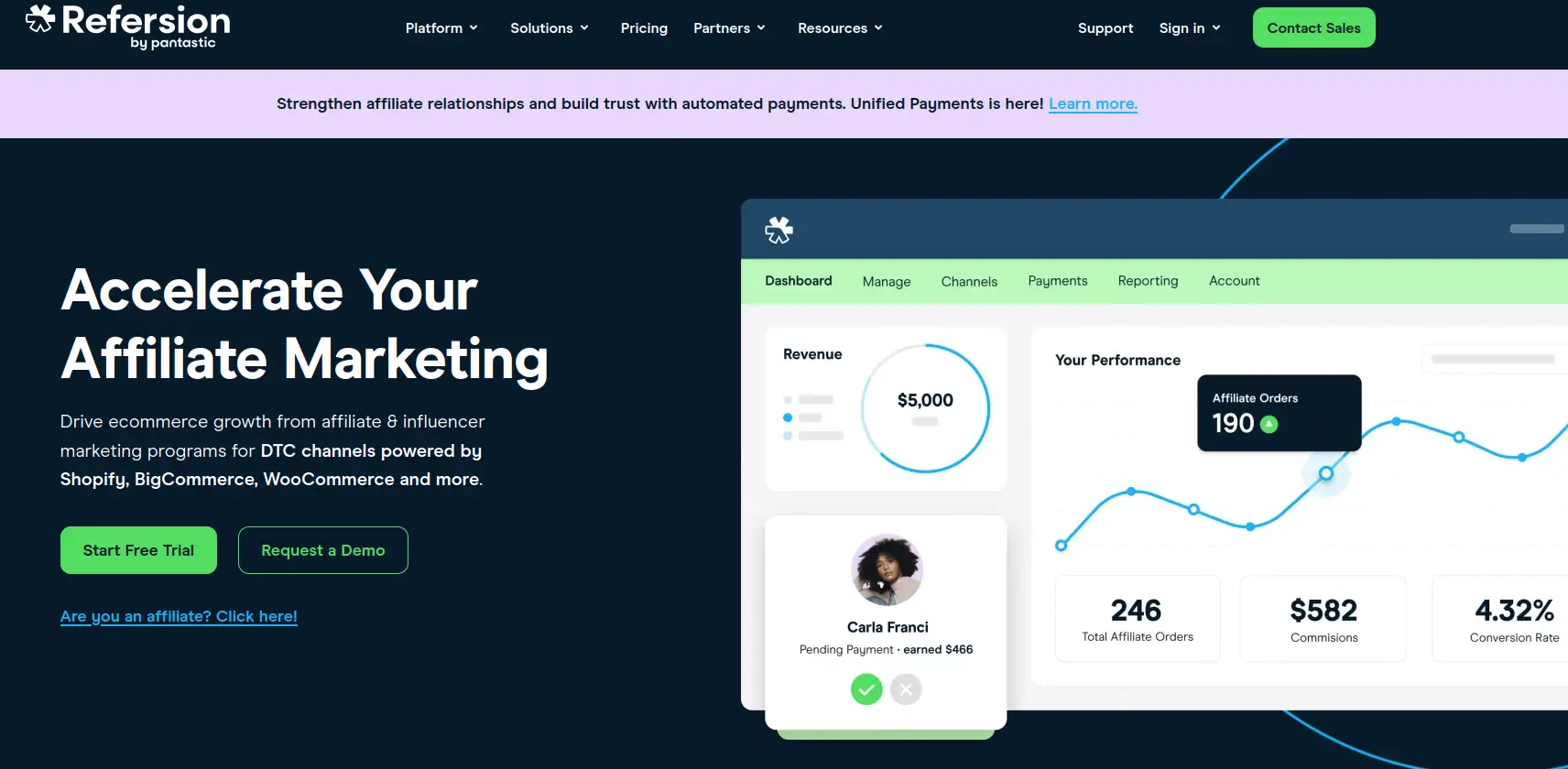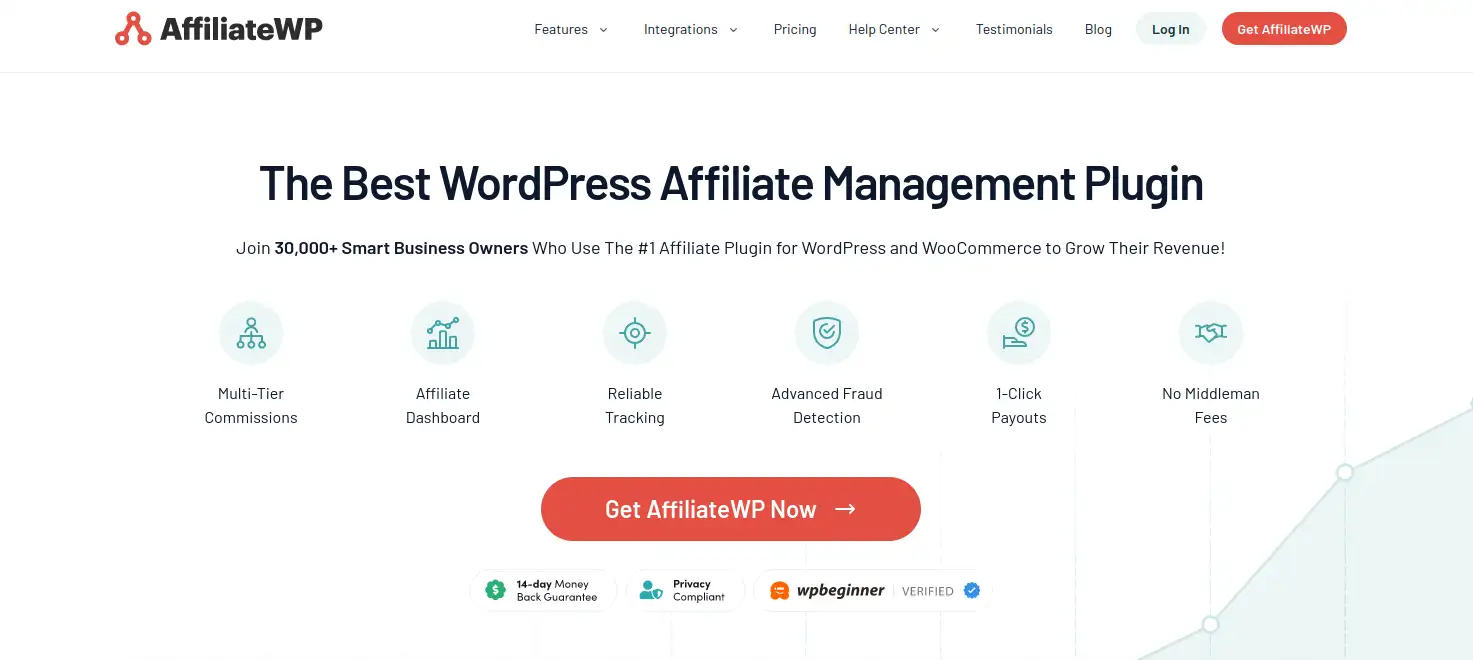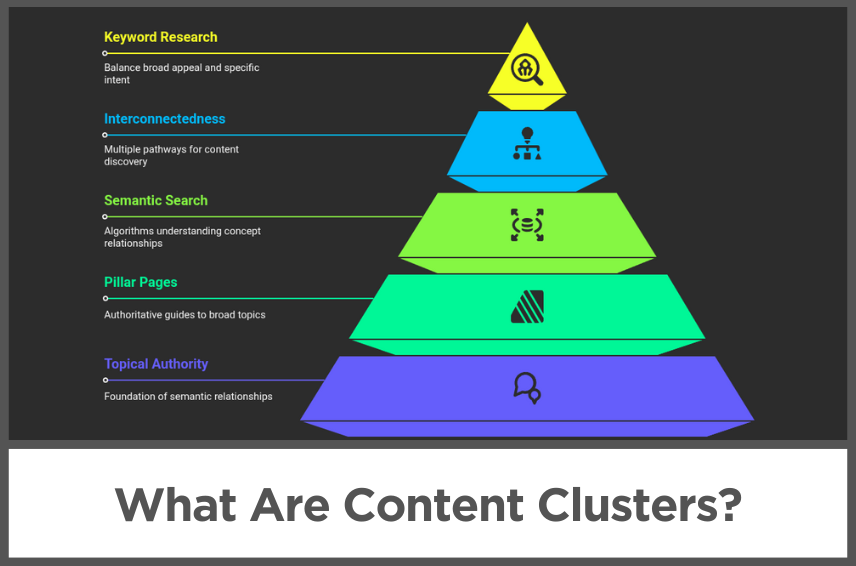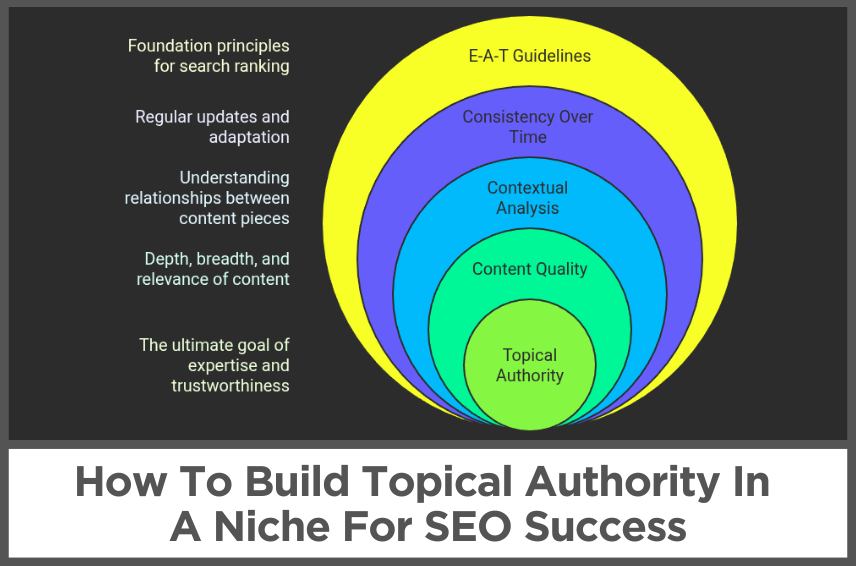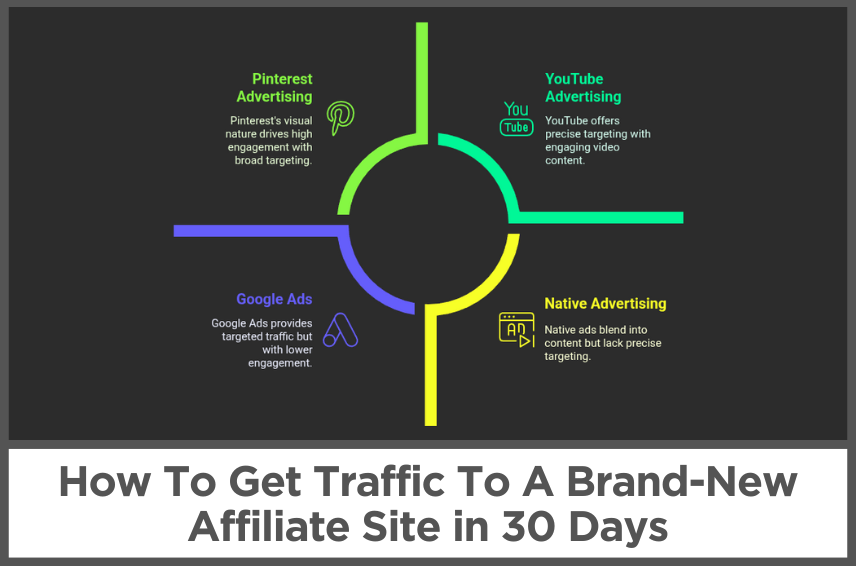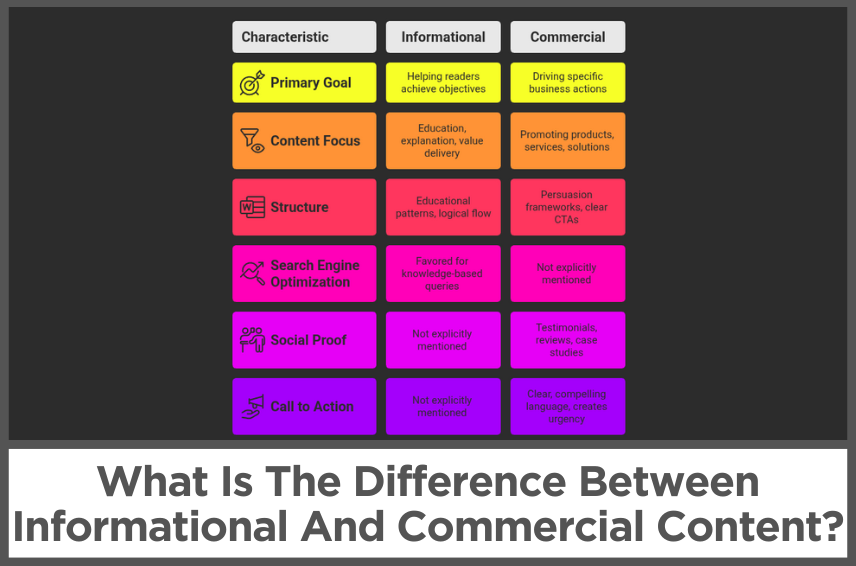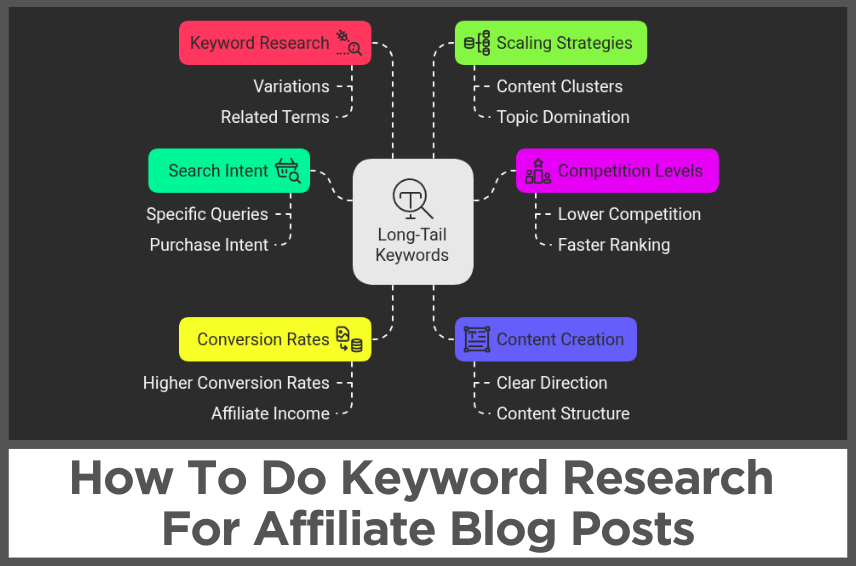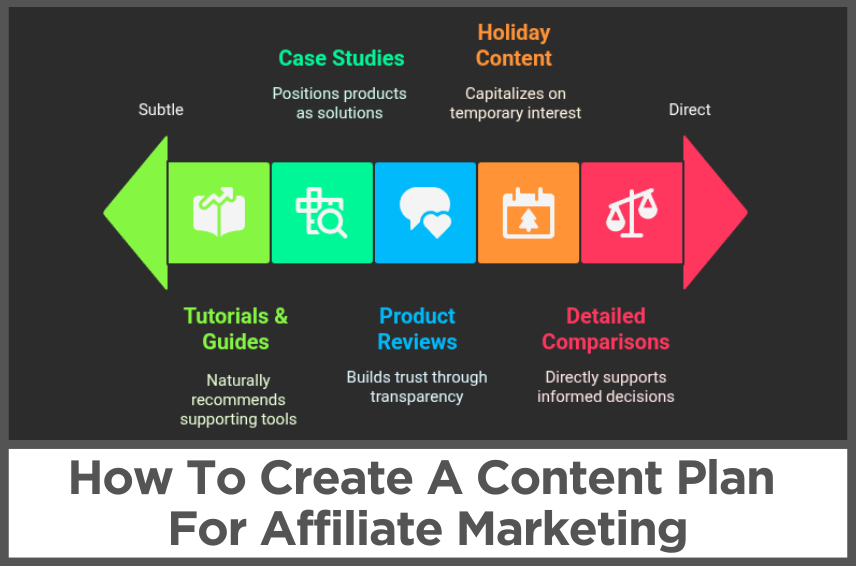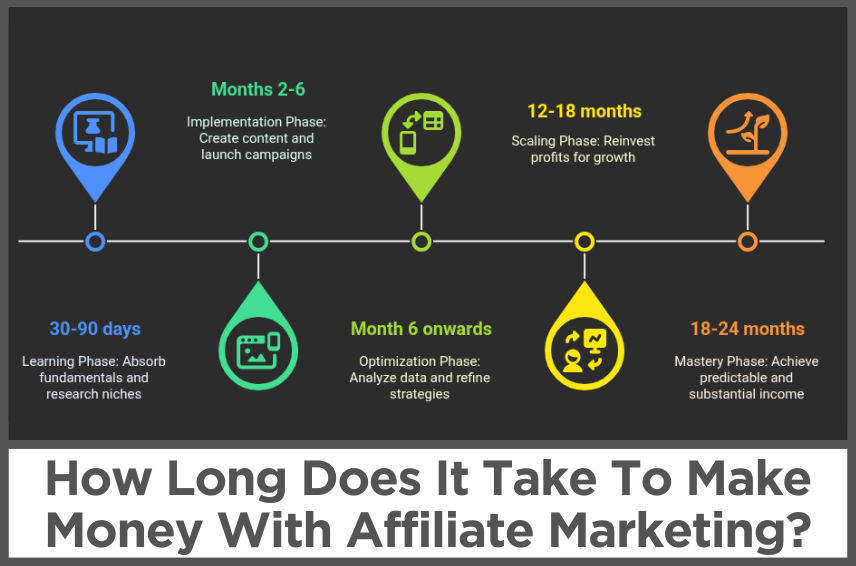Best Affiliate Marketing Tools For Beginners
by Abhigyan
The affiliate marketing industry has experienced remarkable growth in recent years, emerging as a powerful strategy for businesses to leverage the power of word-of-mouth marketing.
As bloggers increasingly recognize the value of authentic partnerships, affiliate marketing tools have become important assets in managing and optimizing these campaigns effectively.
This article aims to provide bloggers and businesses with a deep understanding of the best affiliate marketing tools available in the market.
We will explore the key features, capabilities, and use cases of these tools, empowering you to make informed decisions that align with your specific business needs and goals.
From user-friendly platforms tailored for small businesses to enterprise-grade solutions designed for large-scale operations, this article covers a diverse range of tools, ensuring that businesses of all sizes can find the ideal fit.
If you’re just starting your affiliate marketing journey, this article will help you find the tools that you’ll need to manage your affiliate programs and track your conversions.
Disclosure: Some of the links I share might be affiliate links. If you click on one and make a purchase, I may earn a small commission as a thank you. But don’t worry, it won’t cost you anything extra. I only recommend stuff I genuinely believe in. Your support helps me keep creating awesome content. You can read my full affiliate disclosure in my disclaimer page.
IN THIS POST :
ToggleWhat Are Affiliate Marketing Tools?
Affiliate marketing tools are very useful resources that help businesses manage and improve their affiliate marketing strategies effectively.
These tools are designed to increase productivity, track referrals, monitor performance, and simplify operations related to affiliate marketing.
The main purpose of affiliate marketing tools is to track and analyze the performance of affiliate marketing campaigns.
With these tools, businesses can get valuable data like the number of clicks, conversions, and revenue generated from their affiliate partnerships.
This information allows them to evaluate the success of their marketing efforts and make data-driven decisions to improve their campaigns.
One key feature of affiliate marketing tools is their comprehensive reporting capabilities, which enable businesses to analyze the performance of individual affiliates or entire campaigns.
By tracking important metrics such as conversion rates and revenue per click, marketers can identify their top-performing affiliates and optimize their partnerships accordingly.
Additionally, these tools offer functions to manage and organize affiliate partnerships.
Marketers can use these tools to communicate with affiliates, provide promotional materials, and even set up commission structures.
These features help businesses effectively manage a network of affiliates and maintain strong relationships to drive successful campaigns.
How Affiliate Marketing Tools Help You Track Performance
Affiliate marketing tools give you real-time data and insights into important things like website visitors, clicks, sales, and how well your overall campaigns are doing.
This detailed look is super important for you to understand which parts of your affiliate marketing plan are working well and which aren’t.
Real-Time Data and Analytics at Your Fingertips
These tools can track data as it happens, allowing you to keep an eye on your campaigns in real-time.
Features like analytics dashboards give you a clear overview of key numbers, making it easier for you to see if your different campaigns are successful or not.
Having that real-time info helps you react quickly to new trends and changes, so you can take advantage of new opportunities as soon as they pop up.
Create Custom Reports and Track Conversions
One awesome feature is the ability to create reports customized just for you. You can make these reports focus on specific numbers and time periods, giving you the exact details you need to make smart decisions.
Conversion tracking is another super important feature, letting you see how many clicks actually turn into sales or other actions you want.
This gives you a clear picture of how much you’re getting back for your investment.
Flexibility and Time-Saving Efficiency
Affiliate marketing tools let you be flexible with your campaigns, enabling you to test out different tactics and quickly see what works best for you.
This flexibility is really valuable for optimizing your campaigns on-the-go.
By automating the tracking process, these tools save you a ton of time and effort by eliminating boring manual tracking and data gathering tasks.
Driving More Sales and Optimizing Your Strategy
The data these tools collect and analyze is invaluable for helping you get more sales.
By seeing what’s working really well, you can double-down on your successful strategies, while also spotting areas that need some improvement.
This data-driven approach allows you to create way more effective marketing plans.
Key Features To Look For In Affiliate Marketing Tools
When choosing an affiliate marketing tool, there are several essential features you’ll want to consider.
These features can greatly impact how effective and efficient your affiliate marketing efforts are. Here are some key features to look out for:
Reporting and Analytics: Having detailed reporting and analytics is crucial for tracking important numbers like clicks, conversions, and revenue.
Look for tools that give you real-time data and let you customize reports. This will help you understand how well your campaigns are doing and make decisions based on real data.
Automation: Features that automate tasks like paying commissions, managing workflows, and communicating with your affiliates can streamline your operations.
This saves you time and reduces the risk of making mistakes.
Good Support: Reliable customer support is essential for solving any issues that pop up. Look for tools that offer multiple support channels like email, live chat, and phone support.
Integrations: Make sure the tool can seamlessly integrate with other software and platforms you use, like your e-commerce site, CRM, and email marketing tools.
Security: Data security is super important, especially when dealing with financial transactions and sensitive information.
Choose tools that prioritize security measures like encryption and compliance with data protection rules.
User-Friendliness: A user-friendly interface can significantly reduce the learning curve and make it easier for you and your team to navigate and effectively use the tool.
Look for intuitive designs and clear documentation.
Customization: The ability to customize features and settings to fit your specific needs is important.
This includes customizing commission structures, affiliate dashboards, and report formats.
Segmentation: Being able to effectively segment and target specific groups of affiliates or customers with tailored campaigns is valuable. Look for tools with robust segmentation capabilities.
Fraud Detection: Protect your business from fraudulent activities by choosing tools with fraud detection features.
These can help identify and prevent fake clicks, leads, or sales, ensuring your affiliate program’s integrity.
Affiliate Training: Having comprehensive onboarding and training resources can help new affiliates get up to speed quickly.
Look for tools that provide training materials, tutorials, and support to help affiliates succeed.
Top Affiliate Marketing Tools For Beginners
Let’s take a look at some of the top free and paid affiliate marketing tools for beginners.
I’ll give you an overview of their standout features, pricing models, and ideal use cases so you can see which one might be the best fit for your needs.
1. Affonso
Affonso is a software platform tailored to streamline affiliate marketing specifically for SaaS companies.
Its primary goal is to remove the challenges and high expenses that often prevent businesses from effectively implementing affiliate programs.
Designed with innovative software firms in mind, Affonso addresses the difficulties these companies face in engaging with affiliate marketing, largely due to existing solutions being overly complex or costly.
The founders of Affonso identified that many SaaS businesses have significant potential but often lack the necessary resources or expertise to manage affiliate marketing efficiently.
This realization inspired the creation of a user-friendly platform that enables companies of all sizes to easily launch and oversee their affiliate programs.
Affonso emphasizes transforming affiliate marketing into a profitable venture rather than a financial strain, providing scalable solutions that grow alongside businesses.
Check out our in-depth Affonso review to learn more about its features, pricing plans, and details!
2. ShareASale
If you’re looking for an all-in-one solution for your affiliate marketing needs, ShareASale might just be the tool for you. It is free to join as well.
This platform is a one-stop-shop for businesses looking to launch, manage, and optimize their affiliate programs.
With ShareASale, you’ll have access to a vast network of over 1 million affiliates, giving your products and services unparalleled exposure.
Plus, the platform offers robust tracking and reporting capabilities, allowing you to monitor your campaigns’ performance down to the smallest detail.
One of the standout features of ShareASale is its comprehensive suite of tools for affiliate recruitment and management.
You can easily find and recruit new affiliates, create customized affiliate portals, and even offer incentives and bonuses to keep your top performers engaged.
3. Tapfiliate
Tapfiliate has a really user-friendly interface that’s easy to navigate. It also provides robust reporting and analytics so you can track all the important numbers.
Tapfiliate seamlessly integrates with various platforms, allows you to customize commission structures, and even provides onboarding and training resources for your affiliates.
In terms of pricing, it starts at $74 per month for an annual plan, and they offer scalable plans as your business grows.
Tapfiliate is a great all-in-one solution for e-commerce businesses, SaaS companies, and digital marketers looking to effectively manage their affiliate programs.
Read this in-depth Tapfiliate review to learn more about its features, pricing plans, and details!
4. PartnerStack
For brands looking to streamline their affiliate marketing processes, PartnerStack is a game-changer. This platform is all about automation, helping you save time and reduce the risk of errors.
With PartnerStack, you can automate everything from affiliate onboarding and training to commission payouts and reporting.
Imagine being able to set up custom commission structures, track affiliate performance in real-time, and even integrate with your existing e-commerce and marketing platforms – all from a single, user-friendly interface.
One of the standout features of PartnerStack is its affiliate discovery tool, which helps you identify and connect with the most relevant and high-performing affiliates for your brand.
It’s like having a personal matchmaker for your affiliate program!
5. Refersion
A standout feature of Refersion is its strong e-commerce integrations with popular platforms like Shopify and BigCommerce.
It offers detailed affiliate tracking and even automates commission payments for you. Pricing-wise,
Refersion starts at $99 per month with tiered pricing based on features and the number of affiliates you have.
If you’re an e-commerce business that needs deep integration with your online store, Refersion could be a great option.
6. Impact
If you’ve complex affiliate marketing needs, Impact might just be the tool for you.
This platform is designed to handle even the most sophisticated affiliate programs, offering enterprise-grade features and robust scalability.
With Impact, you’ll have access to advanced tracking and reporting capabilities, allowing you to monitor every aspect of your affiliate campaigns with precision.
From real-time data visualization to customizable dashboards, you’ll have all the insights you need to make informed decisions and drive growth.
One of the standout features of Impact is its partnership management capabilities.
You can easily manage and optimize your relationships with affiliates, agencies, and partners, ensuring that everyone is aligned and working towards your shared goals.
7. Post Affiliate Pro
Post Affiliate Pro offers comprehensive tracking options and a customizable interface that you can tailor to your needs.
It also provides multilingual support. Pricing for Post Affiliate Pro starts at $129 per month, with different plans based on the number of affiliates and features you require.
This tool is ideal for businesses needing advanced tracking capabilities and customization options.
8. AffiliteWP
If you’re a WordPress user, you’ll want to check out AffiliateWP.
This plugin integrates affiliate marketing directly into your WordPress site, making setup and management a breeze.
It offers real-time reporting and starts at $149 per year, with pricing tiers based on the number of sites and features you need.
9. CJ Affilite
CJ Affiliate provides advanced analytics and reporting, along with a strong advertiser and publisher network.
It also prioritizes robust security features. Pricing for CJ Affiliate is customized based on your business’s specific needs.
If you’re a big enterprise looking for extensive network reach and detailed analytics, CJ Affiliate could be the way to go.
Cost Of Using Affiliate Marketing Tools
When it comes to affiliate marketing tools, there are various costs involved that can vary depending on the size of your business and the specific features you require. Let me break it down for you in detail.
First up, you might encounter setup fees, which are initial costs for configuring and getting the tool up and running. These can be one-time charges or recurring fees, depending on the tool you choose.
Additionally, most affiliate marketing tools operate on a subscription model, where you’ll have to pay either monthly or annual fees to keep using the service.
These subscription costs can vary widely based on the number of features you need and the scale of your operations.
Some tools offer basic plans with essential features at a lower cost, while more comprehensive plans with advanced features and extensive integrations can be more expensive.
It’s also common for these tools to have additional charges for premium features, specialized integrations, or extra support services.
For example, you might have to pay extra for advanced reporting capabilities, custom development work, or priority customer support.
When it comes to the actual cost variation, small businesses may opt for basic plans with just the essential features to minimize expenses.
These plans are often more budget-friendly and can be a great starting point for businesses that are just dipping their toes into affiliate marketing.
On the other hand, large enterprises with more complex needs might invest in comprehensive plans that offer a wide range of advanced features and extensive integrations with other platforms.
These plans can be more expensive but provide the robust functionality and scalability that larger businesses require.
Some tools might seem more affordable upfront but could end up costing more in the long run if you need to constantly upgrade or pay for additional features.
Others might have a higher initial investment but could provide better value and scalability as your affiliate marketing efforts grow.
How Affiliate Marketing Tools Handle Promotional Strategies
Affiliate marketing tools are incredibly versatile and can adapt to various promotional strategies you might use, enhancing the effectiveness of your marketing efforts across different channels.
SEO: If you’re optimizing your affiliate content for search engines, affiliate marketing tools can be a huge help. They allow you to track keyword performance, monitor backlinks, and analyze key SEO metrics.
This data can help you fine-tune your SEO strategy and ensure your affiliate content is visible to your target audience.
Email marketing: Many businesses use email to send targeted affiliate promotions to their subscriber lists.
With affiliate marketing tools, you can seamlessly integrate with your email marketing platforms and track important metrics like open rates and click-through rates.
This visibility into your email performance can help you refine your messaging and maximize the impact of your affiliate promotions.
Social media: Social media is another popular channel for promoting affiliate links.
With the right affiliate marketing tools, you can monitor engagement, track clicks, and even measure conversions originating from your social media platforms.
This level of insight allows you to understand which social channels and content resonate best with your audience, enabling you to optimize your social media strategy for better results.
PPC campaigns: If you’re running PPC campaigns to drive traffic to your affiliate offers, affiliate marketing tools can be a game-changer.
They allow you to track ad performance, measure your return on investment (ROI), and even optimize your bids for maximum efficiency.
With this data at your fingertips, you can ensure your ad spend is being allocated effectively and make data-driven decisions to improve your campaigns.
Content customization: One of the keys to successful affiliate marketing is tailoring your content and offers to specific audiences.
Affiliate marketing tools can enable this by providing segmentation capabilities, allowing you to run A/B tests, and even create personalized affiliate offers.
By leveraging these features, you can maximize the impact of your affiliates and ensure your messages are resonating with the right people.
Final Thoughts On Best Affiliate Marketing Tools
We looked at different affiliate markerting tools – from user-friendly ones like Tapfiliate all the way to big, powerful enterprise solutions like Impact.
These tools offer a wide range of features and capabilities to meet the unique needs of businesses of all sizes.
It’s crucial that you do your research, understand exactly what your business needs, and choose a tool that fits your specific goals and budget.
But it doesn’t stop there. Your business should always be looking to improve and stay up-to-date with how affiliate marketing keeps evolving.
The tool that works great for you today might not be the best option tomorrow. Being willing to adapt and explore new solutions will be essential to keep succeeding.
As affiliate marketing continues growing and changing, the businesses that will come out on top are the ones that prioritize authenticity, build strong relationships with affiliates, and really leverage data-driven insights.
By combining the right tools with an excellent strategy and commitment, you can unlock the full potential of affiliate marketing to achieve sustainable growth and profitability over the long run.
FAQ
1. What are the primary benefits of using affiliate marketing tools?
The main benefits include tracking campaign performance, automating processes, providing customizable reporting, managing affiliate partnerships, and optimizing overall marketing strategies.
2. How do affiliate marketing tools help track and analyze performance?
They offer real-time data tracking, customizable reports, conversion tracking, and detailed analytics on metrics like clicks, sales, traffic sources, etc. This data helps identify successful strategies.
3. What key features should I look for when choosing an affiliate tool?
Important features include reporting/analytics, automation, reliable support, integrations, data security, user-friendliness, customization options, segmentation, fraud detection, and affiliate training resources.
4. Are there affordable options for small businesses?
Yes, tools like Tapfiliate offer basic plans with essential features at lower costs, making them accessible for small businesses and startups on a budget.
5. How do these tools handle various promotional strategies?
They can adapt to SEO, email marketing, social media, PPC campaigns, and targeted content. Features like tracking, integrations, segmentation, and testing enable optimizing different channels.
6. What are some limitations or challenges of using these tools?
Potential issues include integration difficulties with existing systems, learning curves for utilizing all features, and ensuring data accuracy with tracking problems.
7. How can I determine which affiliate marketing tool is best for my business?
Evaluate your specific needs (business size, required features, budget), research tool capabilities and customer reviews, and potentially try free trials to find the best fit.
If you find this article helpful, kindly share it with your friends. You may also Pin the above image on your Pinterest account. Thanks!
Abhigyan Mahanta
Hi! I’m Abhigyan, a remote web developer and an affiliate blogger. I create beginner-friendly guides to help new affiliates get started and grow in affiliate marketing. I also share information on remote companies and interview preparation tips.





